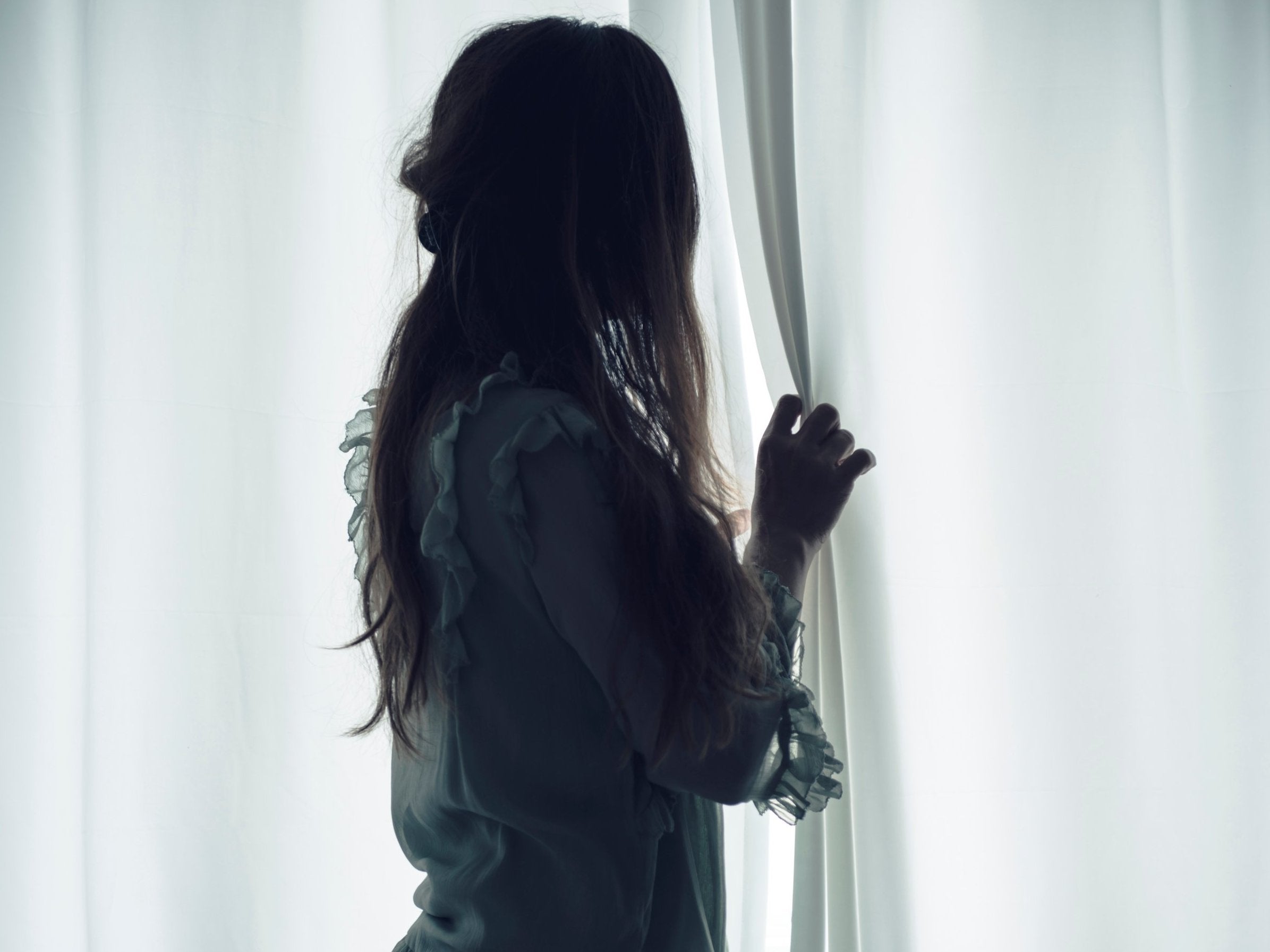Mental health services 'putting women at risk' by failing to ask them about domestic abuse
‘Even when I went to hospital when my tooth got knocked out, even then they never even bothered to refer you,’ says domestic abuse survivor

Mental health services are “putting women at risk” by failing to ask them about their experience of domestic abuse, a new report has found.
The study, carried out by Agenda, a charity which campaigns for women and girls at risk, found more than a third of NHS mental health trusts are failing to ask women about domestic abuse in spite of recommended guidelines.
Campaigners argue it is especially important mental health services ask about domestic abuse given the high rates of violence and abuse suffered by those who access them. Some 38 per cent of women who have a mental health problem have experienced domestic abuse.
The report found there is a postcode lottery in the support mental health services are providing to survivors – with one trust saying they asked just three per cent of patients about domestic abuse.
This is at direct loggerheads with National Institute of Health and Care Excellence (Nice) guidelines which specifically stipulate everyone should be asked.
The findings – based on Freedom of Information requests – show that more than a third of NHS mental health trusts that responded (42 of 58) have no policy on “routine enquiry” about domestic violence and abuse.
Chlo, a domestic abuse survivor who now works for a domestic violence charity, was a teenager when she first started to experience such abuse but failed to receive the help she needed.
She said: “I was in mental health services when it started, but no one talked to me about my relationship or picked up the warning signs.
“It was police that first suggested what I was experiencing was domestic abuse. It hadn’t even occurred to me that’s what it was until then, I didn’t know about emotional abuse or coercive control. After that, I was referred to victim support and eventually, he was convicted.
“I know that for other women experiencing abuse, it doesn’t always happen like that. The peer research showed that despite everything women are resilient and still try to engage with services, but often it’s the services who are ‘hard to reach’ or difficult to engage with, not the women themselves.”
Another survivor said: “No one even bothered, even when I went to hospital when my tooth got knocked out, even then they never even bothered to refer you.”
The report comes as charities, practitioners and other leading experts call for the Domestic Abuse Bill to ensure all public services ask about domestic violence.
Agenda is calling for the government to amend the landmark legislation, which was introduced to parliament last month, to put a duty on all public authorities to make sure staff across the public sector are making trained enquiries into domestic abuse. This must include funding for training for public sector workers, they said.
Jemima Olchawski, chief executive of Agenda, said: “Women who have experienced domestic abuse come into contact with a wide range of services – both while they are facing abuse and in the years that follow.
“Whether it’s a local GP, job centre or mental health service, staff across our public services should be trained to ask about domestic abuse and act appropriately. If not, we are putting women at risk. A change in the law is needed to make sure we’re not missing opportunities to help.”
The latest figures show that out of an estimated two million victims of domestic abuse in the last year, some 1.3 million were women. Research shows 85 per cent of survivors sought help five times on average from professionals in the year before they got effective help to stop the abuse, four out of five victims never call the police, but many will visit their GP as a result of the abuse they are suffering.
Sophie Corlett, of mental health charity Mind, said: “A large proportion of women and girls coming into contact with mental health services either have experienced or are experiencing, abuse. Domestic abuse can significantly increase the likelihood of developing both common mental health problems, such as anxiety and depression and severe and enduring mental health problems such as schizophrenia or bipolar disorder.
“A thorough understanding of a woman’s experience of trauma can hugely improve the quality of mental healthcare that they receive and avoid services inadvertently re-traumatising them. Women must be asked the right questions and properly supported by those charged with their care.”
Baroness Hilary Armstrong, chair of the National Commission on Domestic and Sexual Violence, said she had heard from women across the country about the ”devastating impact” of domestic abuse.
“For far too many, the legacy that trauma leaves is poor mental health, problems with substance use, homelessness, or a criminal record,” she said. “Women told me that services let them down. Time and again the signs of abuse were not picked up by professionals, and too often women were bounced around or even turned away from services.”
The majority (70 per cent) of victims of domestic violence deaths are female. Every week in the UK, two women are murdered by a partner or ex-partner.
In 2013-14, 93 per cent of defendants in domestic violence court cases were male and 84 per cent of victims were female.
Join our commenting forum
Join thought-provoking conversations, follow other Independent readers and see their replies
Comments
Bookmark popover
Removed from bookmarks